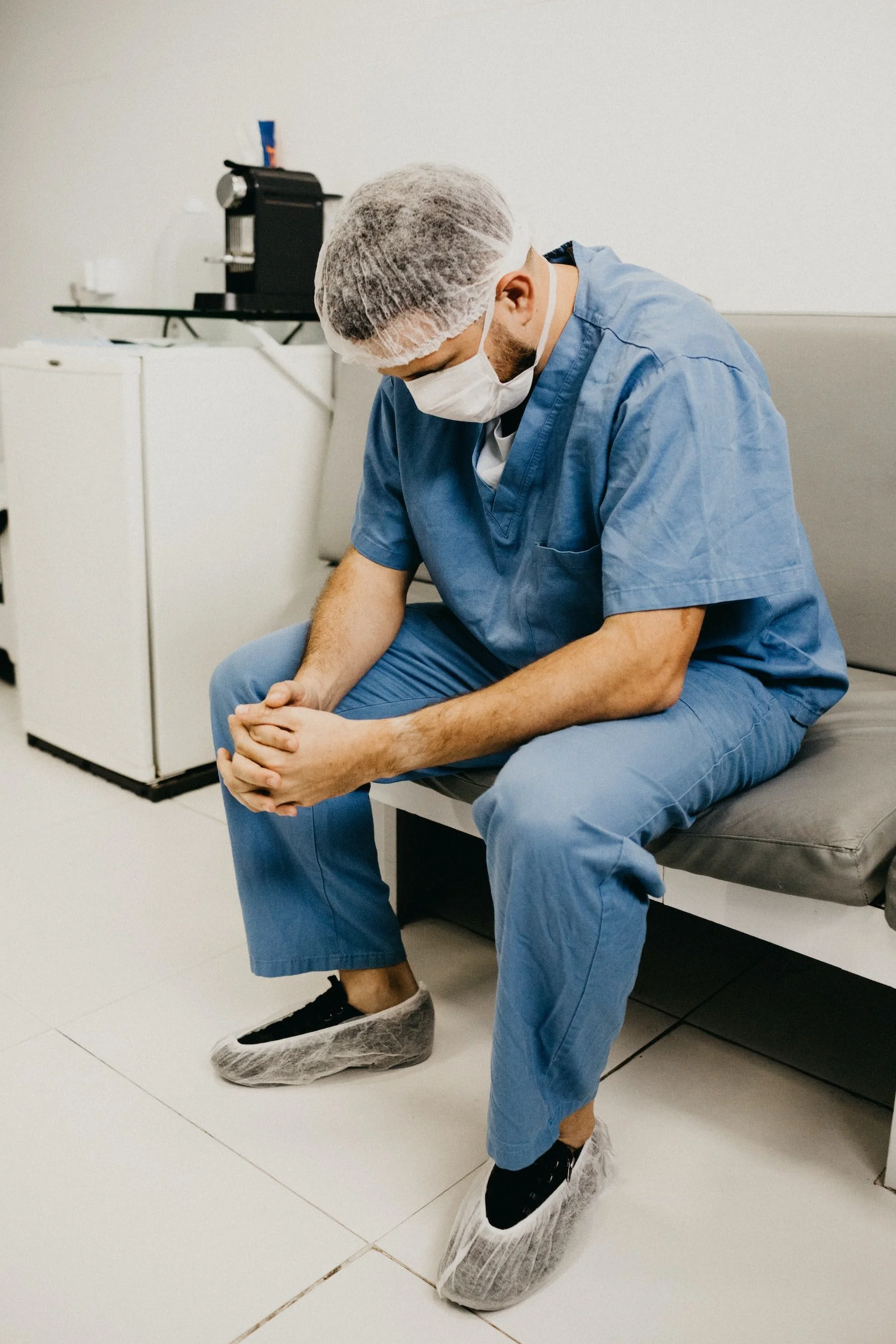#57 Learning the Harsh Truth of Medical Training
In the novel On Rotation, Dr. Shirlene Obuobi has constructed a quasi-realistic world of fourth year medical student Angela Appiah as she slogs through clinical rotations, expectations of doting Ghanian-American parents, and of course, finding love. Along the way, we meet an interesting cast of characters and experience some of the professional challenges the protagonist must face. I will be reviewing the book in the December issue of The DO magazine online.
One excerpt in particular caught my eye. Of course, we see young Angela struggle with learning the volumes of medical material and juggling competing obligations. Like many of us, she set her sights on becoming a physician as a personal goal. Every one has their own reasons but most likely, young physicians in their pre-med and college years believe that becoming a physician will be the only thing that will make them fulfilled and joyful. They think becoming the OB-GYN, or EM doc or the orthopedic surgeon will make them happy. Maybe it will, but only half of the time.
Half of the time it will feel frustrating, hopeless, defeating, and exhausting. Did those truths ever appear on the slick videos or online brochures of the med school or residency training programs? Did they mention sleepless nights? Did they mention feeling like an ignorant imposter when being questioned on rounds with the attending physician? Did they say that your family will celebrate most of the birthday parties and holidays without you for the next 4-8 years? Do you realize, your friends, if you have any left, will spend that week frolicking at the beach while you scavenge in the hospital for graham crackers and ginger ale?
Dr. Obuobi writes the following lines revealing the uncomfortable thoughts of her young protagonist, “All this time, I’d assumed that being a doctor meant performing miracles. Fixing bodies. Saving lives. I had hardly considered the flip side of that coin: that it also meant looking a patient’s family in the eye and telling them to say their last goodbyes. That it meant staring down the permanence of death over and over again…” (p. 320)
The young doctor in training learns a cruel lesson. We have to tell our patients and their families some very harsh truths and most of the time, we can’t be sure of all the whys or whens. There will be soaring moments of getting a young asthmatic to breath easily or stopping that stubborn nosebleed. There will also be terrible trips to the family room to give the bad news or a terminal diagnosis to give to a desperate patient. These times in the practice of medicine feel awful. They are supposed to feel awful.
Going on rounds and working overnights don’t need to be so awful. We can treat our trainees with much more humanity and compassion. It’s always been done that way is not an acceptable excuse or reason to mistreat our students, interns and residents. I read their twitter feeds. They thought becoming the doc or PA was going to make them “happy.” Perhaps they thought that rainbows would appear in their clinics or unicorns would prance through the emergency department.
Facing the reality of understaffing, crowded hallways, and world-wide pandemic has shattered the rose-colored glasses of many of our trainees and colleagues. If no one ever told them it was going to be this way, I’m so sorry. Your training experience will change you. Sometimes it hurts. The challenges we face today are unparalleled and difficult. In the midst of it, we are still delivering healthy babies, fixing fractured limbs, and curing some cancers. We get to work with bad-ass, beautiful people. It gets harder to see that because, they are either frowning or complaining behind their masks.
I found it quite helpful to step out of the backdoor of the emergency department and have a little cry. Stairwells and bathroom stalls work well, too. We learn something every time. We learn how to do it and how not to do it. The good parts make us keep coming back. It’s kind of like having that second (or third) baby after your first labor was a painful marathon. The goals in medicine are still noble and amazing. Half of the time, however, it will feel dreadful. That actually means you are doing it right.



